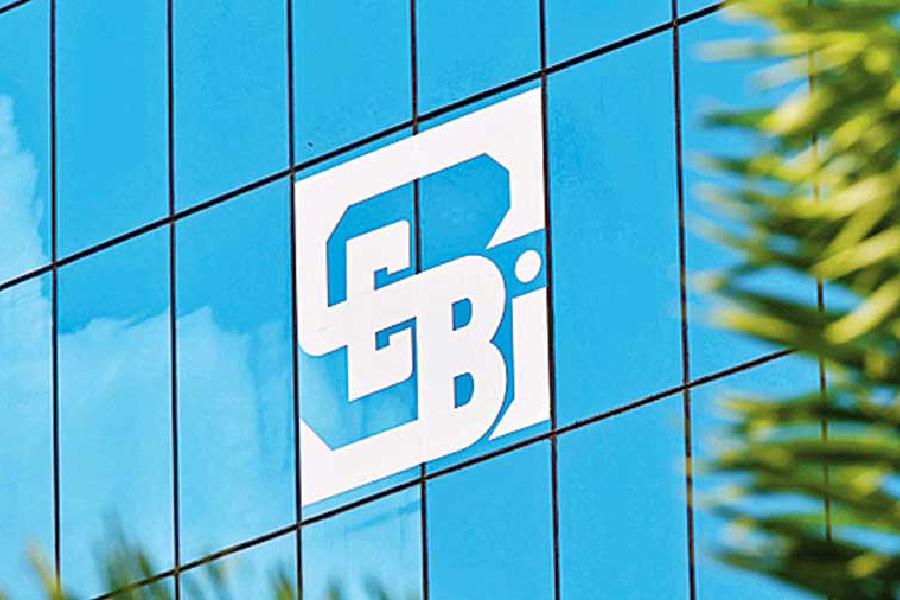The Securities and Exchange Board of India has raised the monetary threshold for defining a large corporate (LC) even as it relaxed the rules under which they were required to raise 25 per cent of their incremental borrowings through debt securities.
The Sebi board, which met on Thursday, adopted a flexible framework for large corporates that are looking to raise funds at a time borrowing costs have started to rise.
“A higher monetary threshold has been specified for defining large corporates, thereby reducing the number of entities qualifying as LCs,” the regulator said in a release issued after the board meet.
In a consultation paper floated earlier, Sebi had proposed to raise the threshold to at least Rs 500 crore from Rs 100 crore. It is believed that the monetary threshold for LCs will now rise to Rs 500 crore.
At the same time, the regulator removed the penalty that had been imposed on LCs that fail to comply with the rigorous rules set earlier.
At present, a large corporate must pay a monetary penalty if it fails to raise 25 per cent of its incremental borrowings through corporate debt. The penalty is levied on the shortfall at the end of a three year period. It is calculated at 0.2 per cent of the shortfall in the fund raised through corporate bonds.
The market regulator decided to stick with the three year contiguous block to assess compliance with the rules in order to ensure ease of doing business.
In a bid to incentivise large corporates to tap the bond markets, Sebi also decided to dispense with the obligatory rule under which a large corporate was required to file a statement identifying itself as an LC and another statement self-certifying its compliance with the framework.
The market regulator is expected to come out with a circular soon which will provide more clarity on the issue.
The draft consultation paper had also proposed that the term “incremental borrowings” would be replaced with “qualified borrowings”.
The paper had also proposed to exclude three elements from the calculation of qualified borrowings: (a) inter-coporate borrowings between its holding company and/or subsidiary and associate companies; (b) grants, deposits or any other funds received as per the guidelines or directions of the Government of India; and (c) borrowings arising on account of interest capitalization.
The circular will make it clear whether these relaxations have also been extended.
Investment advisors
The board also decided to relax compliance requirements applicable to investment advisers that were mandated in 2020.
Sebi said that in view ``of the emerging landscape of the domain of investment advice’’, it had been decided to give investment advisors time till September 30, 2025 to comply with the requirements.
Earlier they had been directed to comply with the rules by September 30 this year.











